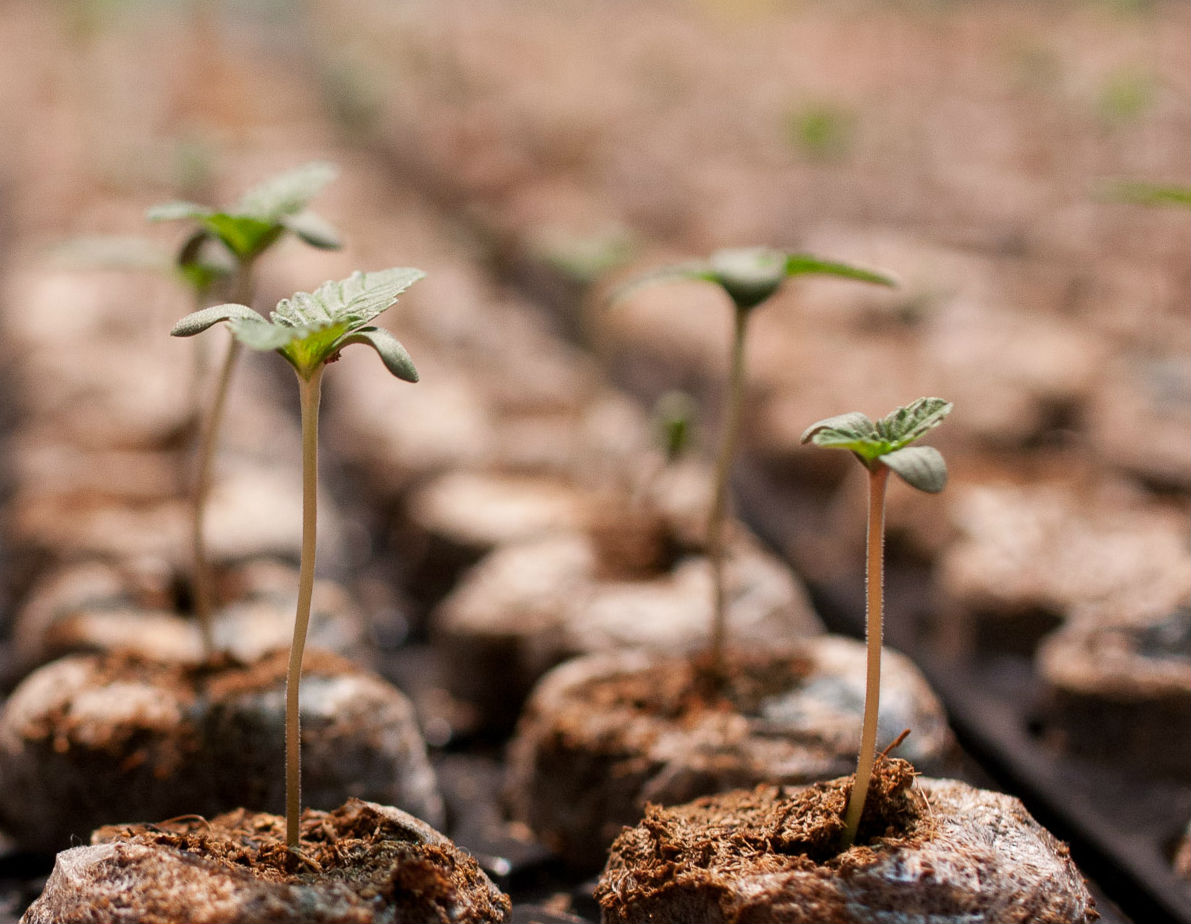Harnessing the Eco-friendly Revolution: The Job of Hashish Seeds in Sustainable Agriculture
In the realm of sustainable agriculture, an surprising participant has emerged, bringing with it a myriad of possibilities and opportunities—the humble hashish seed. Typically linked with leisure and medicinal use, hashish seeds are now attaining focus for their prospective position in advertising and marketing sustainability in agriculture. In this write-up, we are going to check out how hashish seeds can contribute to sustainable farming procedures, from soil overall health to resource performance.
Nutrient-Prosperous Soil Modification:
Cannabis plants are regarded for their capacity to prosper in a range of soil circumstances. Their deep root devices enhance soil framework and endorse aeration, which can be specially beneficial for crops that stick to in their footsteps. Additionally, hashish vegetation are successful nutrient accumulators, absorbing excessive vitamins from the soil. When these vegetation are harvested, the nutrient-wealthy leaves and stems can be returned to the soil as organic make any difference, enriching it naturally and reducing the want for artificial fertilizers.
Biodiversity and Companion Planting:
In sustainable agriculture, protecting biodiversity is crucial for ecosystem harmony. Hashish crops can participate in a role in this by serving as companion plants. Their unique compounds, such as terpenes, can act as all-natural pest deterrents, shielding neighboring crops from destructive bugs. Integrating hashish into a varied planting plan can lead to a additional resilient and self-sustaining ecosystem, decreasing the reliance on chemical pesticides.
Carbon Sequestration:
As the world grapples with the troubles of local climate improve, the significance of carbon sequestration in agriculture simply cannot be overstated. Hashish plants are renowned for their speedy expansion and high carbon uptake during photosynthesis. By incorporating hashish into crop rotations, farmers can lead to carbon sequestration, mitigating the impacts of greenhouse gasoline emissions. This strategy aligns with sustainable farming tactics aimed at constructing much healthier, carbon-wealthy soils.
Water Effectiveness:
H2o shortage is a urgent issue in agriculture, prompting the need for h2o-effective crops. Hashish plants exhibit a exceptional ability to prosper in diverse climates with varying water availability. Their deep roots permit them to access h2o from deeper soil levels, minimizing level of competition with shallower-rooted crops. By strategically integrating hashish into farming devices, specially in areas struggling with drinking water worries, farmers can enhance h2o use and endorse sustainable drinking water management practices.
Discover More Farming Procedures:
Regenerative agriculture focuses on restoring and enhancing the well being of the soil ecosystem. Hashish, with its versatile and resilient character, can be a key player in regenerative farming. The cultivation of cannabis employing regenerative methods, this sort of as minimum tillage and include cropping, can assist reduce soil erosion, enhance h2o retention, and greatly enhance overall soil fertility. This holistic approach to farming aligns with the concepts of sustainability, ensuring the extended-phrase health and efficiency of the land.
Summary:
In the evolving landscape of sustainable agriculture, hashish seeds are emerging as a precious source for farmers looking for innovative and eco-friendly solutions. From soil health and fitness to water performance, the diverse attributes of cannabis vegetation provide a multifaceted technique to addressing the challenges confronted by modern-day agriculture. As we continue to examine the opportunity of hashish seeds in sustainable farming methods, it will become apparent that this unassuming seed might keep the vital to a greener, a lot more resilient long run for our planet’s food output.
